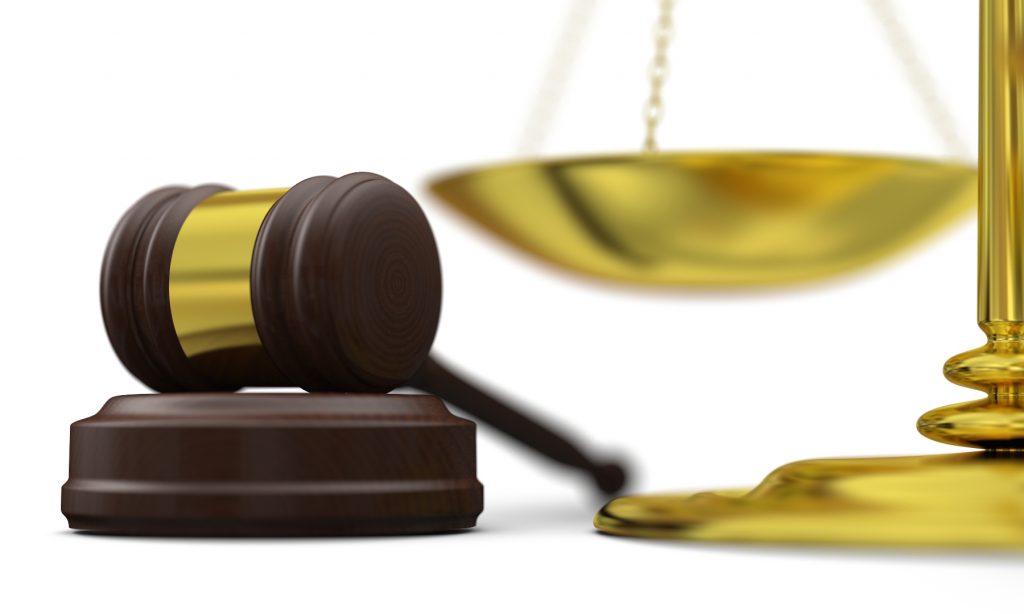In last week’s blog, our readers were given a closer look at preliminary hearings. This week, we’ll dive a little deeper and discuss the general process and procedures you can expect. Continue reading to learn the basic steps to a preliminary hearing progression.

Criminal Defense Law Firm 317-636-7514
Let’s Begin With an Example…
Let’s say that Dale is suspected of committing a crime, but he was out of town on a company trip during the time law enforcement states the crime was committed. A preliminary hearing takes place to determine if there is enough probable cause to charge him with the crime. At the preliminary hearing, Dale’s lawyer has a co-worker testify on Dale’s behalf as proof that he was out of town on a business trip. This testimony would prove that the investigator’s evidence against Dale is inaccurate. Afterwards, prosecution and defense will give their closing statements, and then the judge will determine whether or not the evidence shows that Dale likely committed the crime in question.
Preliminary Hearing Information
The process and procedures for preliminary hearings are very complex since they differ from state to state, and from case to case. A preliminary hearing can take place before or after a person has been arrested, or after charges are formally filed. Often times, they are not even required, especially for misdemeanor charges.
For defendants who are waiting in jail, a preliminary hearing must be held with 14 days. For those out on bond, the hearing must be held within 21 days. Again, these timelines can vary among jurisdictions. In some states, defendants must request preliminary hearings so long as a formal indictment hasn’t been filed; while in other states, defendants are given the option, but have the right to waive a preliminary hearing.
You must speak with a licensed criminal defense attorney who can educate you on the specific steps and procedures you can expect with your preliminary hearing. However, here are the basic steps to the preliminary hearing process:
1. Pre-Trial Court Appearance (Arraignment)
The court explains their charges and their right to counsel, advises them of their right to a preliminary hearing and trial, appoints them a lawyer (if requested), and bail is set.
2. Preliminary Hearing
The defendant is present at the hearing. The state presents evidence to a judge showing probable cause that the defendant committed a crime. The judge determines if the evidence is sufficient. If they decide it is not enough, the charges and the case are dismissed, and the defendant is released from custody or bond. If the judge decides there is enough probable cause, the defendant is “bound over” to the district or circuit court for trial. This simply means they are moved forward in the criminal justice system, and a trial date is set for them.
Are You Currently Facing Criminal Charges?

David E. Lewis Attorney at Law 317-636-7514
